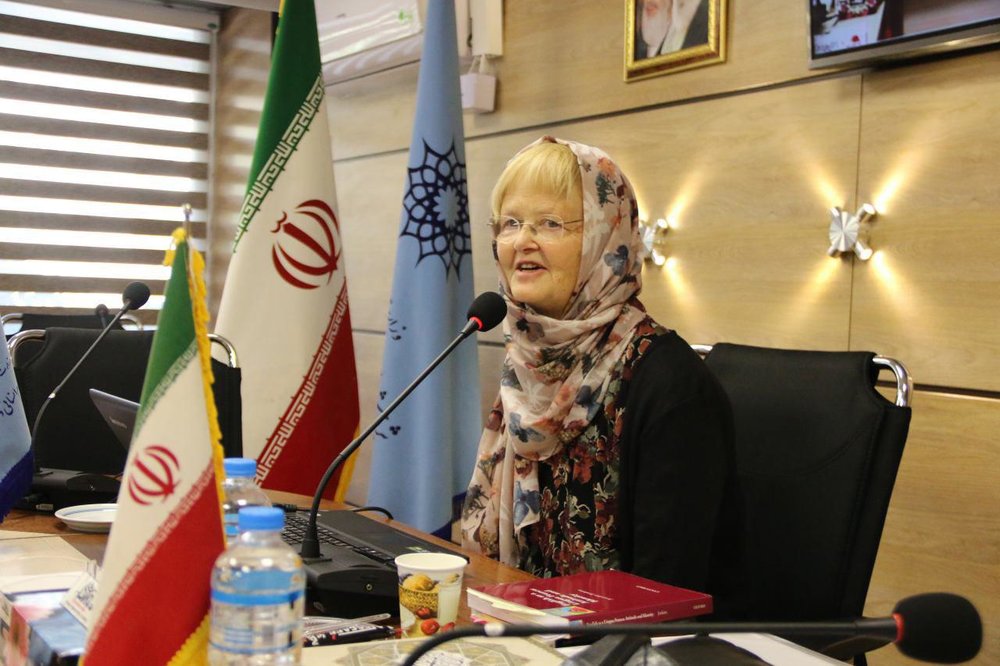English to gain permanent foothold as ELF: Norwegian scholar

Jane Mattisson Ekstam, Associate Professor, English Literature, Ostfold University, says by the time automatic translation matures as a popular communicative medium, English is likely to have gained a permanent foothold as the lingua franca.
Addressing a workshop on "English as a lingua franca: Implications for the Teaching and Learning of English in a non-native context", Ekstam said in the next one hundred years we shall see if the presence of a global language will eliminate the demand for world translation services, or whether the economics of automatic translation will so undercut the cost of global language learning that the latter will become defunct.
"English will be shaped by its L2 [second language] users, as they will vastly outnumber the “core” speakers. It is becoming increasingly common, for example, to say “discuss about” (rather than discuss(. In Korea and Taiwan, “produk” has replaced “product”," the scholar told the workshop, sponsored by the Institute for Humanities and Cultural Studies.
Speaking to the audience, she said, "There are approximately 1,500 languages on the Internet, [while] 70 percent of all communication on the Internet is in English."
She added, "The first computer operating systems automatically used English vocabulary and syntax. It seems likely that the influence of English will remain as programs become increasingly sophisticated".
She used a humorous language to extend the question, "I wonder what would have happened if Bill Gates of Microsoft had grown up speaking Chinese?"
The scholar further added, "The price a world language must be prepared to pay is submission to many different kinds of use. The African writer should aim to use English in a way that brings out his message best without altering the language to the extent that its value as a medium of international exchange will be lost."
She said that the African should aim at fashioning out “an English” which is at once universal and able to carry his peculiar experience.
" . . . I feel that English will be able to carry the weight of my African experience. But it will have to be a new English, still in full communion with its ancestral home but altered to suit its new African surroundings (Morning Yet on Creation Day)."
Professor Ekstam holds Ph.D from Lund University (2000). The title of her thesis is 'Knowledge and Survival in the Novels of Thomas Hardy' (Lund University Press, 2002). She addresses the relationship between education and survival in an increasingly modernized world.
She specializes in English literature, Canadian literature, British culture, and academic writing in English. She works closely with Norwegian Ostfeld University's teacher training programs.
She has undertaken teaching at the doctoral level and also supervised doctoral students of English Literature. She has served on a number of doctoral grading committees and examined doctoral theses in English Literature.
With respect to research, her areas of expertise include nineteenth-century British literature, modern Canadian literature, modern detective fiction set in World War One or its aftermath, intercultural influences on writing, reading in English, and written feedback.
Behnaz H. Gholipour, the author of the report, is a PhD candidate of TEFL at Allameh Tabatabi University.
Leave a Comment